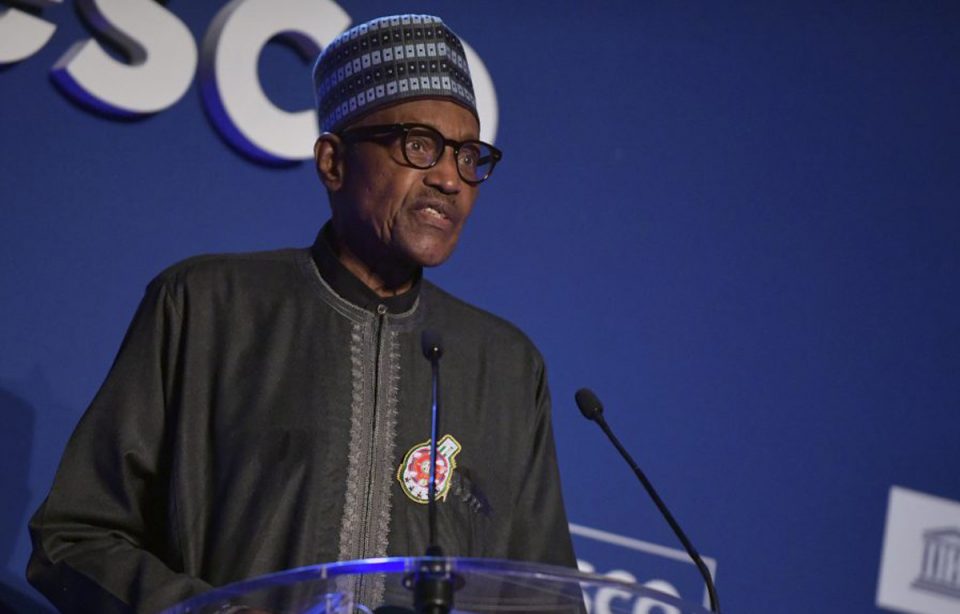Nigeria’s President Muhammadu Buhari has disagreed with dire statistics about the country’s unemployment, exchange rates and debt profile since he took over the office in 2015.
Buhari during an interview with Channels Television spoke extensively on Nigeria’s economy, insecurity, and what citizens should expect from his government in the penultimate year before he leaves office in 2023.
Data from the Nigeria Bureau of Statistics (NBS) from 2015 showed that the country’s unemployment rate was at 8.19% before Buhari succeeded former President Goodluck Jonathan. The unemployment rate stood at 33.28% as of Q1 2021.
Nigeria’s debt profile in 2015 was N12 trillion and has grown to N32 trillion as of January 2022. The inflation rate was at 9% in 2015 and is now over 15% in 2022.
As of 2015, a dollar was being exchanged for 197 naira. It is over N450 to a dollar in 2022.
Buhari, however, said the statistics on Nigeria’s worsening rising debt profile, unemployment, and exchange rate were incorrect.
Asked about his assessment of the indicators, Buhari said, “I am not sure of how correct these calculations are.”
The Nigerian president did not speak further on the economic indices and swiftly delved into his advocacy for Nigerians to embrace agriculture.
“But all I know is that we have to allow people to get access to the funds – as I said, we just have to go back to the land,” Buhari said.
Buhari noted that his administration has achieved “some successes” in the face of criticisms in different sectors of the country.
The president said, to assess his administration, critics need to measure his “success viz-a-viz the problems” when he took office in 2015.
“In the economy, don’t forget – you can ask people to go check at the Central Bank and the NNPC (about) the production from 1999 to 2014 was 2.1 million barrels per day production and it costs 100 American dollars per barrel,” Buhari said.
“When we came in, somehow, the militants were unleashed in the south-south, production went down to half a million barrels per day – the price again collapsed to about 30 dollars per barrel but look at what we did within the timeframe and resources available to us relative to the government we inherited from.”




